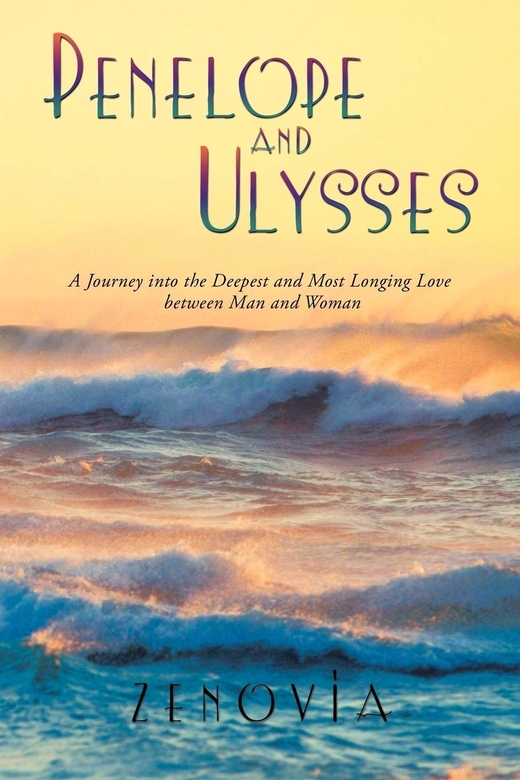
An unforgettable story of love, longing, and loss comes to life on a new stage in Penelope and Ulysses by Zenovia. The titular characters have been studied and admired for more than 2,500 years, so any author exploring such legendary lives must bring something truly original to the table, which Zenovia certainly achieves.
This work is written in the style of dramatic verse, with only a handful of acts and scenes, but stunning in its poetic grace and depth of storytelling. The eternal relationship between Ulysses and Penelope is at the forefront, as well as the machinations that led Ulysses to sea, to Troy, and to his epically long post-war absence. However, Penelope – a figure too often overshadowed in history – stands as the focal point. Whether she is advising her troubled son, rebuffing hungry suitors, or defending her husband’s honor, Zenovia has polished the vision of Penelope as an independent, fearless, and unforgettable figure.
The exchanges between characters are cleverly penned vehicles for the exploration of ideas and themes, rather than basic strings of dialogue to progress the plot. When Agamemnon and Ulysses debate the merits of war and conquest, as opposed to the serenity of marriage and peace between men, readers are able to peek into history that reflects the present – the question of knowing when to fight, and what is worth fighting for.
Ulysses’ scenes with Penelope are similarly deep in their multilayered meaning; their lyrical exchanges center on the love they share, the family they have begun together, the home they have cultivated, and the inevitable separation facing them: “We do not always steer the course of our vessel. There are times that the sea of life will remove us from all that we have known and loved.”
The scene between Petroculos and Agathy is nauseatingly full of machismo and misogyny, which makes Penelope’s razor-sharp wit and effortless evasions all the more satisfying in the scenes that follow. Refreshingly, this is not a story of masculine heroics, but of feminine wiles and wisdom, of a loyal heroine with a knife in her sleeve, rather than a nearly-widowed woman with eyes perpetually and desperately turned to face the sea. Her reunion with Ulysses does not mark the end of this work with cliché finality, but leads to even more challenging questions – how can love remain after 20 years, when both partners have changed in innumerable ways, and spent a veritable lifetime apart?
The tale unraveled here is both surreal and deeply accessible, less about the nuanced details of classical figures and more about the wisdom of age, the allure of power, the resilience of love, and the inevitability of change. The influence of Nietzsche, among other famous thinkers, is impossible to miss in the text, as this is as much a philosophical treatise as a theatrical work. Despite the occasional heavy-handedness of the metaphors and thematic undercurrents, there are few errors in the writing, evidence of a skilled editor of both theatre and poetry.
A crafty dissection of love and survival, this spin from Zenovia is a provocative and impressive new thread in a legendary tapestry.
Book Links
STAR RATING
Design
Content
Editing
Get an Editorial Review | Get Amazon Sales & Reviews | Get Edited | Get Beta Readers | Enter the SPR Book Awards | Other Marketing Services























Leave A Comment